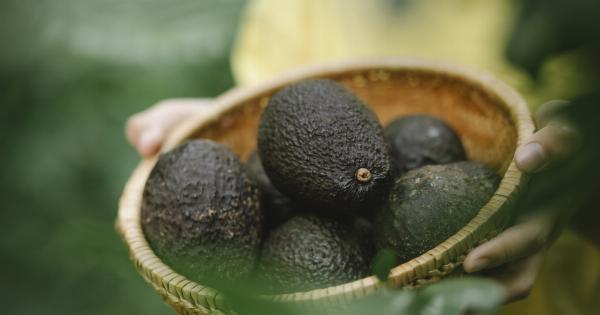Pregnancy is a critical stage in a woman’s life, and it is essential to maintain the right diet to support the growth and development of a healthy baby.
One of the most important foods to include in your pregnancy diet plan is fish, which is rich in nutrients that serve as building blocks for the baby’s organs, immune system, and brain.
Why is Fish Important During Pregnancy?
Fish is an excellent source of omega-3 fatty acids, which are essential for fetal brain development.
These fatty acids, particularly DHA, play a crucial role in building the baby’s nervous system and brain, and studies have shown that babies born to mothers who eat fish during pregnancy have better brain function and higher IQ levels compared to those whose mothers did not eat fish.
Fish consumption during pregnancy also supports the growth of the baby’s eyes and vision. DHA is a vital component of the retina, which is the part of the eye responsible for sending visual signals to the brain.
Adequate amounts of DHA in the diet have been linked to a lower risk of vision problems in early childhood.
In addition to essential fatty acids, fish is an excellent source of high-quality protein, vitamins A, D, and B12, and minerals such as iron and zinc.
These nutrients are essential for fetal growth and development, and a deficiency in any of them can have adverse effects on the baby’s health.
What Types of Fish Should You Eat During Pregnancy?
While the benefits of fish during pregnancy are clear, it is important to note that not all fish are safe for consumption during pregnancy.
Some fish, such as shark, swordfish, and king mackerel, have high levels of mercury, which can be harmful to the developing fetus. Mercury accumulates in the body and can lead to developmental delays, cognitive deficits, and vision and hearing problems in children.
The FDA and EPA have recommended that pregnant women limit their intake of fish with high mercury levels to 2-3 servings per week, and opt for fish that are high in omega-3 fatty acids and low in mercury.
Some of the best fish to include in your pregnancy diet plan are salmon, trout, cod, and sardines.
How to Prepare Fish During Pregnancy?
It is important to prepare fish safely during pregnancy to avoid foodborne illnesses such as listeria, which can have severe consequences for the developing fetus.
Always ensure that fish is cooked thoroughly, with a minimum internal temperature of 145°F. Avoid eating raw or undercooked fish, sushi, and other raw seafood. Always wash your hands with soap and water before handling and cooking fish, and use separate cutting boards and utensils to avoid cross-contamination.
Why Some Women Avoid Fish During Pregnancy?
While fish is an essential part of a healthy pregnancy diet, some women may avoid fish during pregnancy due to concerns about mercury levels or fishborne illnesses.
However, it is important to note that avoiding fish altogether can have detrimental effects on the baby’s development. Fatty acids derived from fish cannot be produced by the body and must be obtained through diet. Therefore, it is crucial to include fish in your pregnancy diet plan.
: Conclusion
Fish is an essential component of a healthy pregnancy diet, providing the building blocks for the baby’s organs, immune system, and brain.
Omega-3 fatty acids, particularly DHA, are crucial for fetal brain development, and adequate amounts of these fatty acids in the diet can have lifelong benefits for the baby’s health and cognitive function. While some types of fish should be avoided during pregnancy due to high mercury levels, there are still plenty of safe and delicious fish options available, including salmon, trout, cod, and sardines.






























